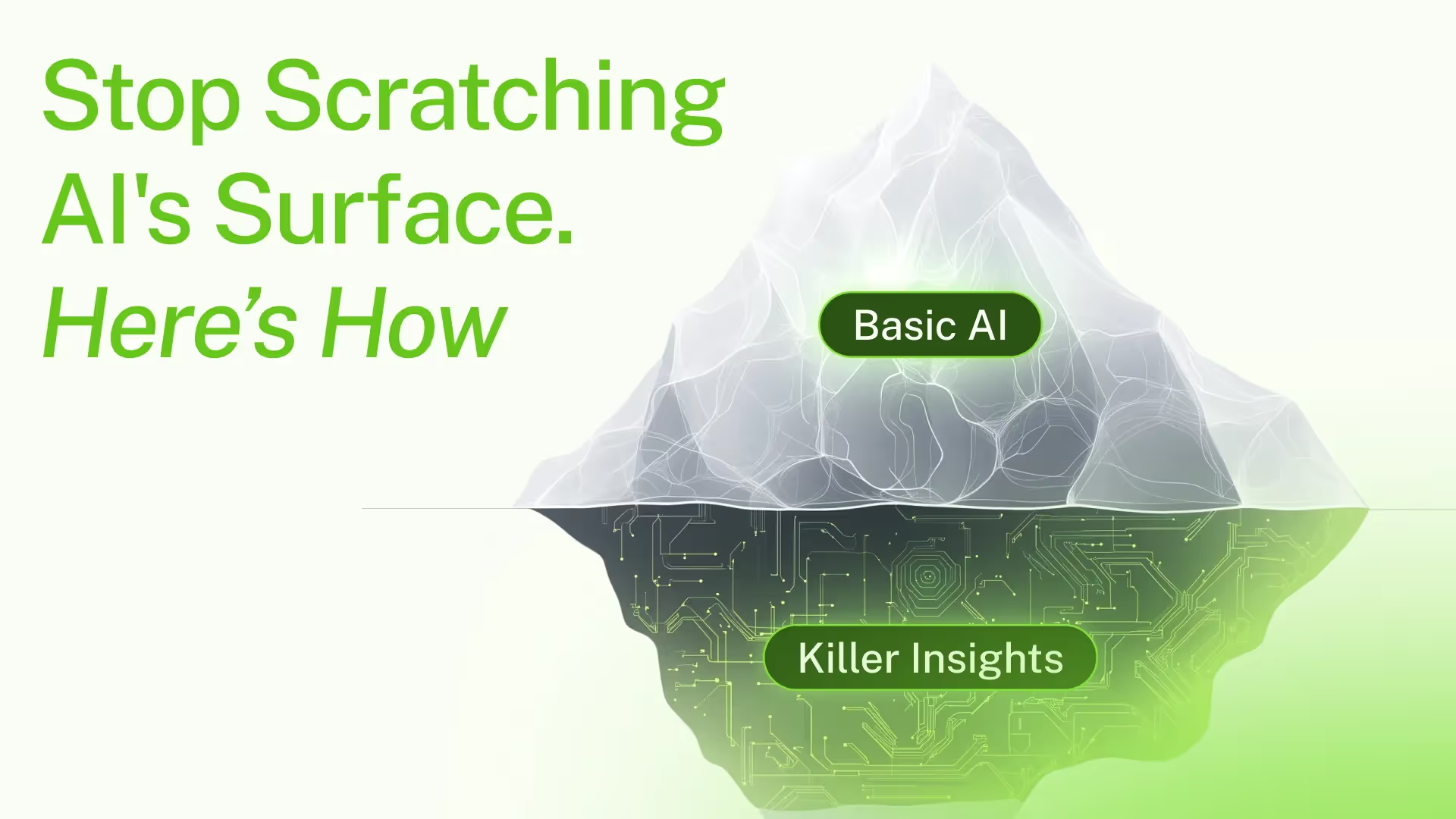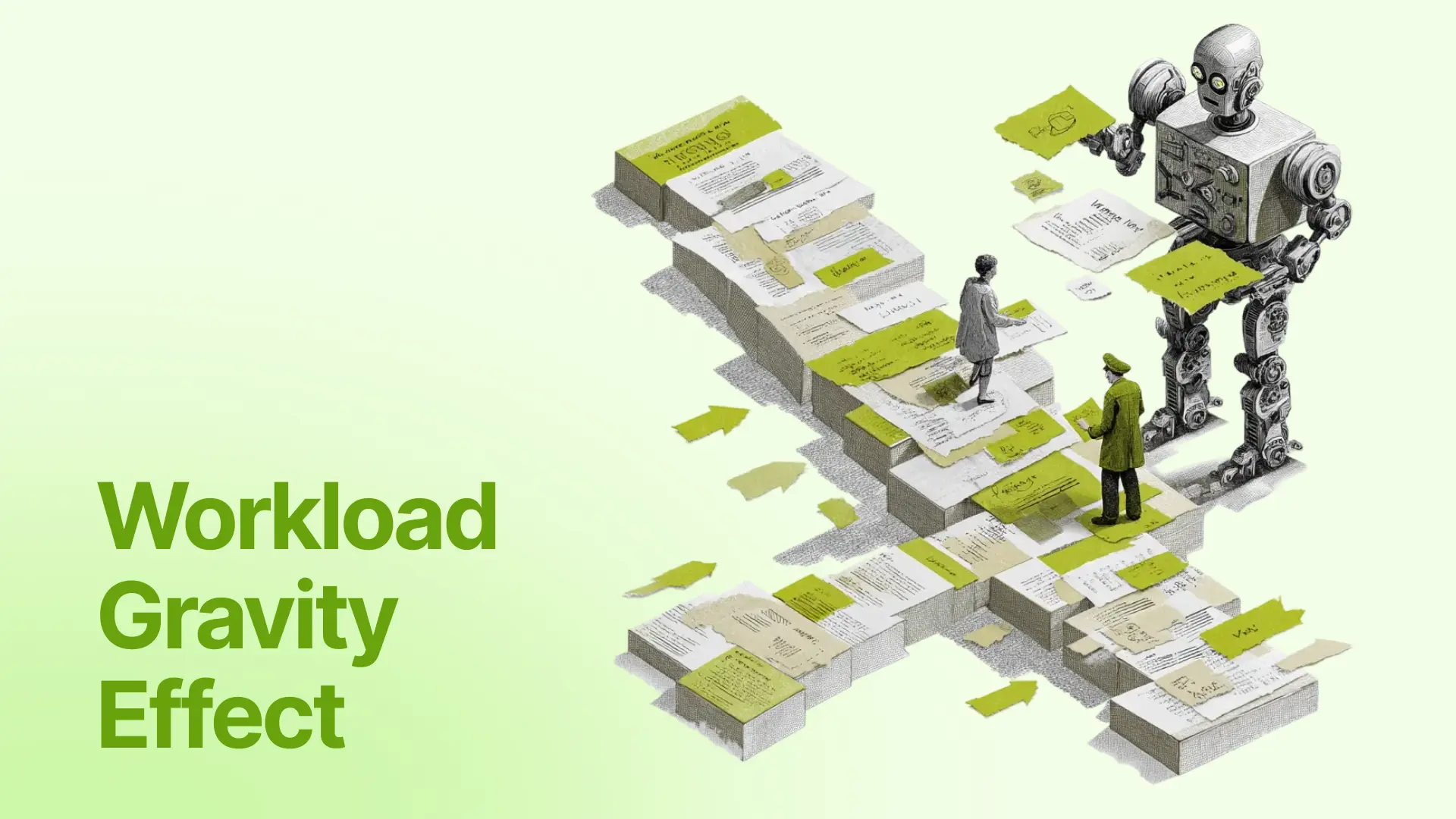
Five Ways “Manager Nerds” Go Beyond the Surface of AI
Whether we call them “SuperWorkers” or “Manager Nerds,” it’s clear that leaders who run a human plus AI team are the future.
“I think it's actually going to be the era of the manager nerds now, where I think being able to manage fleets of AI agents and orchestrate them is going to make people incredibly powerful,” said Anthropic (Claude) cofounder Jack Clark this week.
And look, while almost every hiring manager is looking to hire these AI SuperWorkers, no one has fully figured it out yet.
So, if you’re one of those who feel like you’re just scratching the surface of AI, then look no further than last week’s graduating class of the Lead with AI Executive Bootcamp for killer insights.
Here are five ways these AI-supercharged leaders say they think and act differently when it comes to working with AI:
1. Default to AI.
We know from research that the more AI use cases you have, the more you get out of the technology. This is why we need to give AI a ‘permanent seat at the table,' as AI professor Ethan Mollick calls it, and let AI co-do everything with us.
Not always to replace us, but at least to collaborate with us and augment our capabilities.
One graduate experienced this first-hand. He asked a friend for help with interview prep and got a fantastic answer… then realized that his friend had just copied the question into ChatGPT.
That moment reframed how he should always use AI as a team member, even if he didn’t think it could help on a certain task.
2. Quality Prompting is Key.
While AI is extremely capable, beyond what most of us can picture now, it still needs direction. As Dror Poleg says, “AI can do anything, but we have to direct it.” This is where prompting comes in.
As I wrote last week, prompt engineering isn’t a job anymore; it’s a core skill everyone needs to possess.
Quality prompts are like delegating your work to a supersmart human. Context matters – a lot. See my CODO SuperPrompting framework and our ChatGPT prompt generator.
For many in our latest cohort, the lessons on prompt engineering were a game-changer. (Their words, not mine.) The better you get at prompting, the more you get out of AI. It’s as simple as that.








